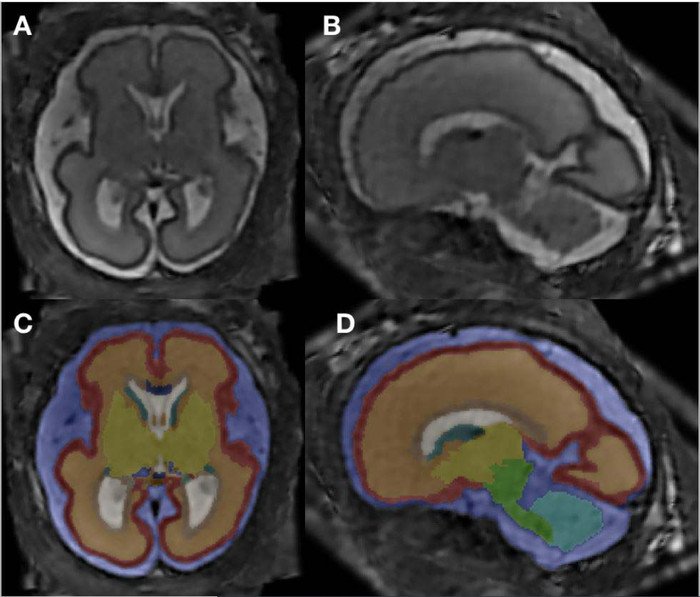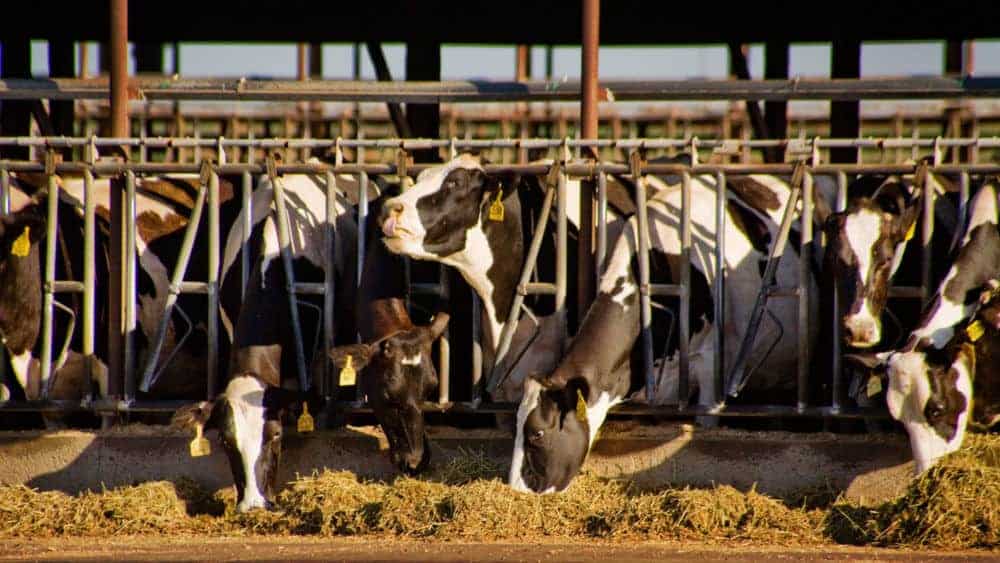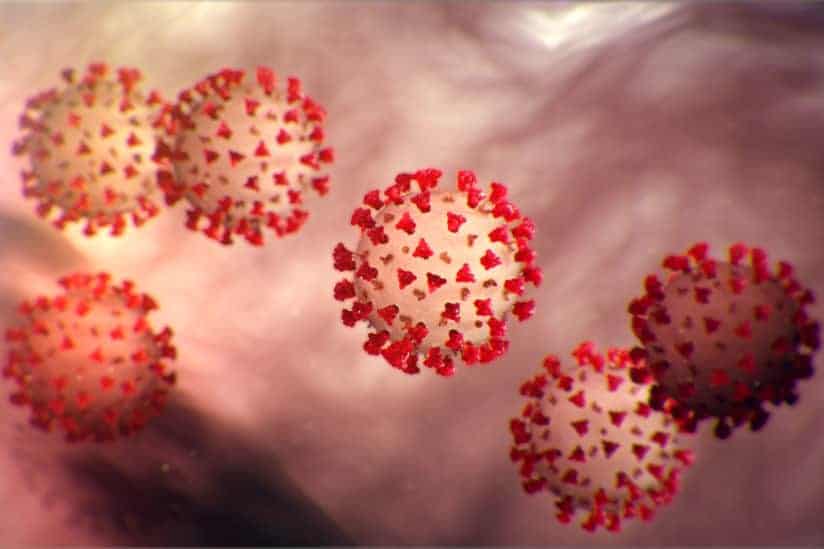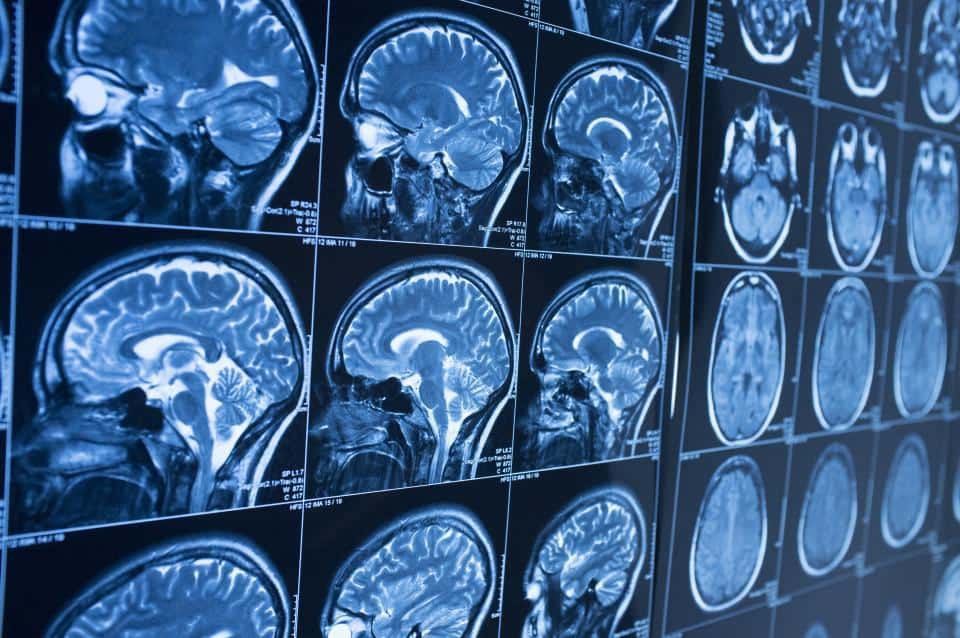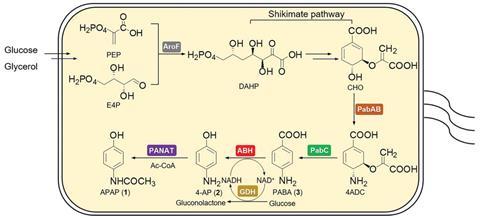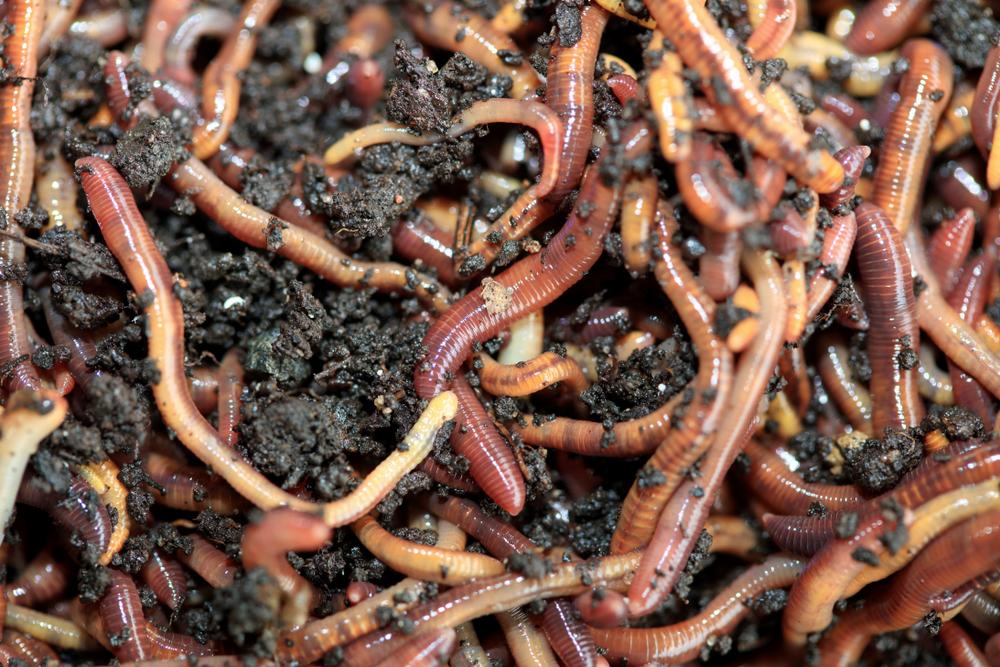In the first MRI-based study to investigate pre-natal alcohol exposure, researchers found significant changes in the brain structure of fetuses exposed to alcohol compared to healthy controls. Results of the study are being presented today at the annual meeting of the Radiological Society of North America (RSNA). “Fetal alcohol syndrome is a worldwide problem in […]
Read More